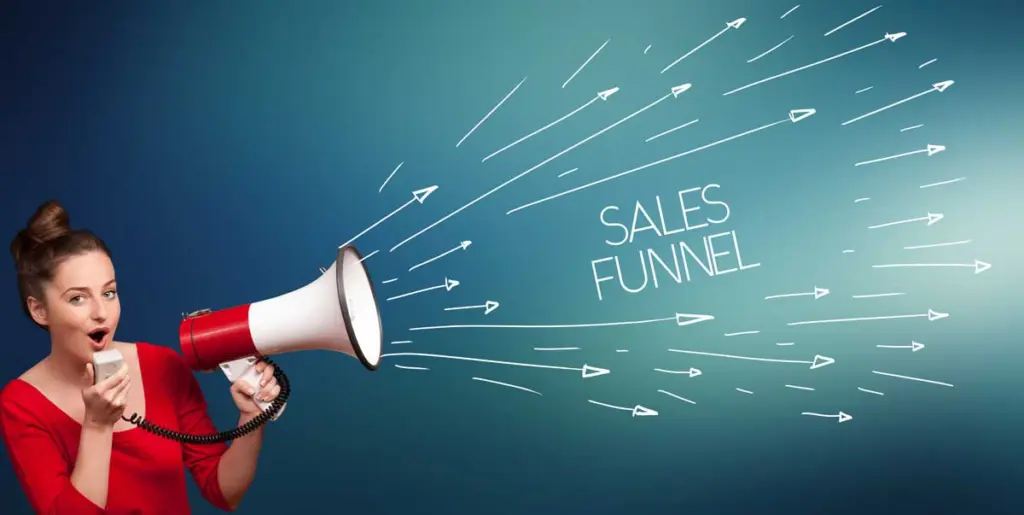
The marketing funnel is an indispensable framework that illustrates the journey potential customers go through from first becoming aware of your brand to taking the final action of making a purchase. This vital tool not only helps in understanding customer behavior but also serves as a blueprint for crafting effective marketing strategies.
Understanding the Marketing Funnel Dynamics
The modern marketing funnel is more complex than its traditional counterpart. It has evolved to address how consumers interact with brands in the digital age. The journey includes several stages: Awareness, Interest, Consideration, Intent, Evaluation, and Purchase. Let’s break down each stage.
Stage 1: Awareness – Catching the Consumer’s Eye
In this initial phase, potential customers discover your brand. It’s crucial to make a strong impression that sets the tone for their entire journey. Employing SEO tactics, engaging on social media platforms, and creating compelling content are effective ways to capture attention.
Stage 2: Interest – Sparking Curiosity
Once awareness is established, the next step is to nurture interest. At this juncture, you should focus on content that educates and informs, highlighting the value and benefits of your offerings without overwhelming the audience with a sales pitch.
Stage 3: Consideration – Engaging the Prospect
During the consideration phase, potential buyers are actively looking at your products or services and comparing them with competitors. Tailored content, personalized emails, and targeted advertising play a pivotal role in engaging these prospects.
Stage 4: Intent – Leading to a Decision
Intent is demonstrated when prospects take actions that signal their interest in making a purchase, such as adding items to a shopping cart or visiting a store. This is where retargeting campaigns and persuasive copy can nudge them closer to a decision.
Stage 5: Evaluation – Finalizing the Choice
In the evaluation stage, customers are making their final decision. Providing testimonials, reviews, and comparison information can influence their choice.
Stage 6: Purchase – Sealing the Deal
Finally, the purchase phase is where the transaction happens. The focus here is on creating a seamless checkout process, offering excellent customer service, and ensuring a positive end-to-end experience.
After the Marketing Funnel – The Overlooked Phases
Remarkably, the journey doesn’t end at the purchase. The post-purchase phases, which include Retention, Loyalty, and Advocacy, are often overlooked but are equally significant.
Retention: Ensuring Continued Satisfaction
Post-purchase, it’s essential to continue engaging with customers to encourage repeat business. Follow-up emails, customer support, and asking for feedback are tactics that can lead to customer retention.
Loyalty: Building a Bond with Customers
Loyalty comes from consistently meeting and exceeding customer expectations. Loyalty programs and exclusive offers can foster this bond.
Advocacy: Customers as Brand Ambassadors
Happy customers are the best promoters of your brand. Encouraging them to share their experiences through reviews or social media can attract new prospects to the top of the funnel, thus beginning the cycle anew.
Leveraging the Funnel for Maximum Impact
To effectively use the marketing funnel, it’s essential to:
- Tailor your content to each stage of the funnel.
- Analyze customer data to understand behavior at each phase.
- Test and refine your strategies for continuous improvement.
By meticulously crafting your approach to each funnel phase, you create a dynamic marketing strategy that can adapt to the evolving customer journey, setting your brand up for sustained growth and success.
The Reimagined Marketing Funnel
The reimagined marketing funnel is a powerful model for understanding and influencing consumer behavior. By considering each stage of the customer journey and extending the focus beyond the purchase, businesses can build a lasting relationship with their customers, turning them into loyal advocates for the brand.
Crafting an SEO-rich, engaging, and unique content strategy around the marketing funnel stages can set a business apart in the digital marketplace. As search engines and consumers alike favor high-quality, relevant content, a well-thought-out funnel strategy can certainly help your website rise to the top of search rankings, capturing both clicks and conversions.
The key is to remain flexible and attentive to consumer trends and feedback, allowing the funnel to guide your marketing efforts without constraining them. In an ever-changing digital landscape, the marketing funnel serves not only as a map but as a compass, pointing your business towards uncharted territories of opportunity and growth.
Okay, wanna funnel-hack with us? Let’s go. Contact us today!
